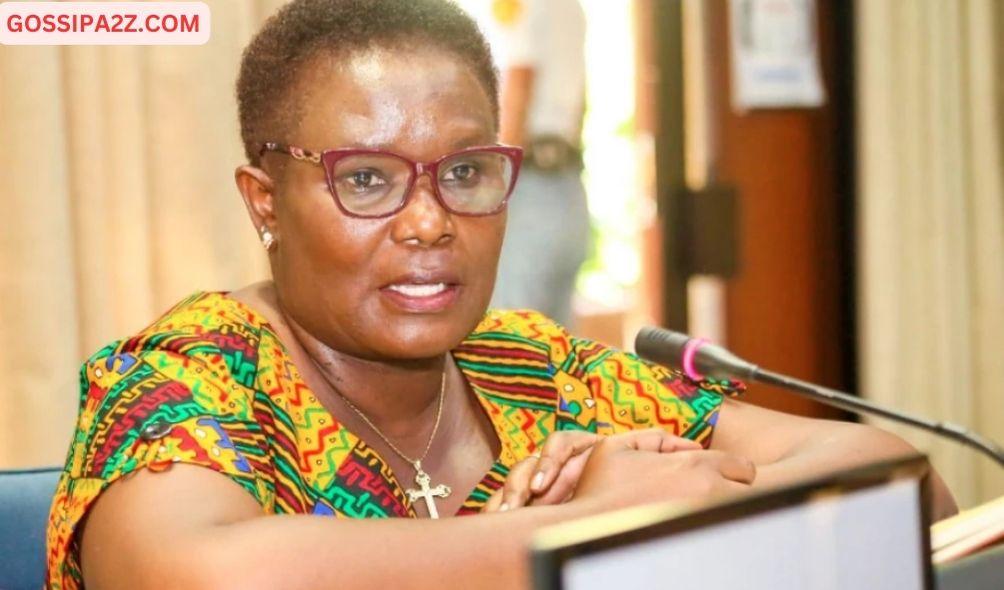Senate to Decide Governor Mwangaza’s Fate in High-Stakes Impeachment Hearing
The Senate has set a special session for Wednesday, August 14, to deliberate on the impeachment of Meru Governor Kawira Mwangaza, marking her third attempt to avoid removal from office.
This meeting is expected to spark new discussions as rumors increase about the potential dissolution of the entire county government, which might force Meru residents to head back to the polls.
Governor Mwangaza’s political future has repeatedly been at risk, with the Senate previously intervening twice to prevent her ouster.
Currently, the situation is more precarious, with the county assembly’s persistent efforts to remove her intensifying.
Recently, 49 Members of the County Assembly (MCAs) supported her impeachment, accusing her of major constitutional breaches, misconduct, and abuse of power—allegations she vehemently denies.
Deputy Majority Leader Zipporah Kinya introduced the impeachment motion, detailing three key accusations against the governor.
Despite her vigorous defense, 17 MCAs voted against the motion and three abstained, highlighting significant divisions within the county’s political sphere.
Governor Mwangaza’s term has been plagued by disputes, marking this as her fifth attempt to fend off removal since taking office.
The county assembly’s ongoing drive for her ouster raises suspicions about the real motives, with some suggesting that political maneuvering rather than genuine legal issues are fueling the impeachment push.
The Senate’s role in this situation is crucial. According to Article 181 of the Constitution and Section 33 of the County Governments Act, the Senate is required to investigate the governor’s allegations.
An eleven-member special committee may be appointed to conduct the investigation, followed by a Senate vote on whether the charges are valid.
If the majority of senators support the impeachment, Governor Mwangaza will be immediately removed from office.
ALSO READ:
- Inside Job Exposed: Kenyan Prison Wardens Convicted for Orchestrating Daring Terrorist Escape
- Uganda Pulls the Plug: Nationwide Internet Blackout Ordered Days Before Crucial General Election
- African Elections Under the Spotlight as Zambia Turns to Kenya Ahead of 2026 Vote
- “Two Drug Barons in Cabinet?” Kenya Government Fires Back as Ex-Deputy President Sparks Explosive Drug Claims
- Kenyan Court Freezes Use of Private Lawyers by Government, Sparks Nationwide Legal Storm
Conversely, if the charges are dismissed, the Senate will inform the Meru County Assembly, allowing Mwangaza to retain her position until the next possible confrontation.
During her last impeachment attempt, the Senate overwhelmingly rejected the charges against her, with senators from various parties voting in her favor.
Despite serious allegations such as misappropriation of county funds, nepotism, and illegal appointments, the Senate found insufficient evidence to substantiate the claims.
Senate Speaker Amason Kingi, who oversaw the previous impeachment process, ruled that the charges were unproven, permitting Mwangaza to continue as governor.
This decision did little to reduce the political tensions in Meru, as the MCAs have persisted in their efforts to remove her.
With the upcoming Senate session approaching, the political environment remains tense.
Narok Senator Ledama Olekina has raised concerns about the process, suggesting that the ongoing Meru conflict is driven more by political rivalry than genuine legal infractions.
In a television appearance, Olekina criticized the potential political motivations behind impeachment cases in Kenya, questioning the fairness of the proceedings.
The upcoming Senate session could be a pivotal moment for Governor Mwangaza.
Her fate will depend not just on the evidence presented but also on the broader political context influencing the outcome.
Senate to Decide Governor Mwangaza’s Fate in High-Stakes Impeachment Hearing
